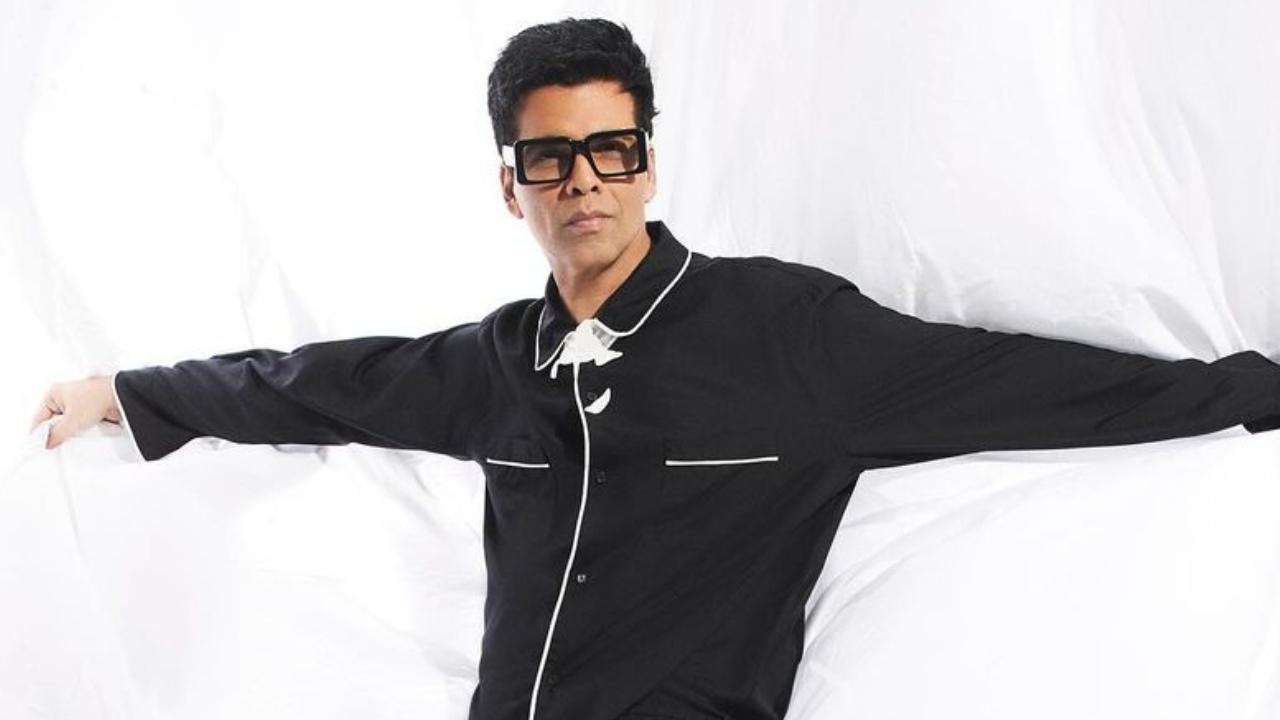
In an exclusive interview with journalist Faye D’Souza, renowned filmmaker Karan Johar candidly discussed his ongoing struggle with body dysmorphia and its profound effects on various aspects of his personal and professional life. Known for being the creative force behind some of India’s biggest cinematic hits, Johar’s revelations have shed light on the challenges he faces behind the glitz and glamour of Bollywood.
“Even in moments of intimacy, I put the lights out,” Johar admitted, revealing a glimpse into how his discomfort with his body image extends into his private moments. This intimate confession underscores the deep-seated impact body dysmorphia has had on his life.
Raised with constant feelings of inadequacy, Johar recalled how he felt he had disappointed his family for not fitting into traditional masculine norms. “I felt I wasn’t the boy they should have had. I was conditioned to believe that because I was effeminate. I was unlike all the other boys in my school,” he shared. These feelings were not merely internal; they were compounded by the cruel mockery he faced from peers for his perceived femininity.
One of Johar’s most painful childhood memories involved a talent competition when he was just three years old. “I did a dance. I could tell that some people were sneering and laughing and my mother was in the audience. I remember going home, closing the door, and crying, thinking, ‘Why can’t I be like other boys?’” he recollected.
Growing up, Johar took various measures to conform to societal expectations of masculinity. He even went to the extent of modulating his voice. “There was a gentleman who told me that I had an effeminate voice and that it isn’t going to be easy in life for me. He sent me to a class that would help bring some kind of baritone into my voice,” he revealed. During this period, Johar deceived his father by pretending he was attending computer classes to conceal the true nature of his lessons.
. “All this time, I was telling my dad that I was going for computer classes because I didn’t want to tell them that this is what I was going to do,” Johar said.
In addition to voice modulation, Johar recounted the innumerable attempts he made to overcome his body image issues. “I am very awkward getting into a pool. I don’t know how to do it without feeling pathetic. I try hard to overcome it. I always wear oversized clothes,” he explained. Even taking a simple dip in the pool becomes a monumental task due to his overwhelming sense of inadequacy.
Despite these deeply personal battles, Johar has not let his insecurities hinder his professional achievements. Currently, he is basking in the success of his latest production, ‘Kill.’ The film, directed by Nikhil Nagesh Bhat, had its world premiere at the Toronto International Film Festival’s Midnight Madness section and later featured at the Tribeca Film Festival. ‘Kill’ tells the gripping tale of an army commando named Amrit (portrayed by Lakshya) who is on a perilous mission to save his beloved Tulika (played by Tanya Maniktala) on a New Delhi-bound train. Released on July 5, the film has been well-received by both audiences and critics alike, adding another feather to Johar’s illustrious cap.
Johar’s openness about his struggles offers a rare glimpse into the vulnerabilities of a prominent Bollywood figure, thereby humanizing someone often perceived as larger-than-life. His willingness to discuss his challenges with body dysmorphia can serve as an inspiration for others facing similar issues, highlighting the importance of self-acceptance and the continuous journey towards overcoming personal obstacles.
The filmmaker’s story is a poignant reminder that regardless of external success, internal battles often persist. Karan Johar’s narrative not only resonates with many who struggle with body dysmorphia but also underscores the broader societal issues surrounding body image and masculinity. Through his honesty, Johar hopes to foster greater understanding and compassion for those grappling with similar struggles, creating a space for more inclusive dialogues around mental health and personal identity.
(With inputs from ANI)












